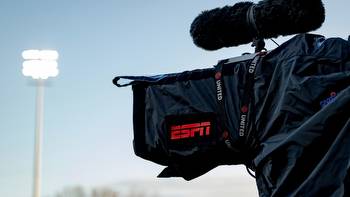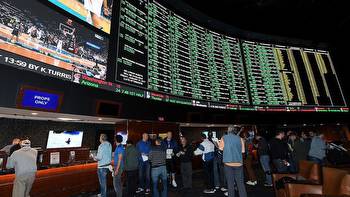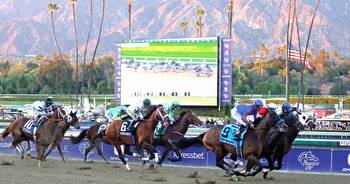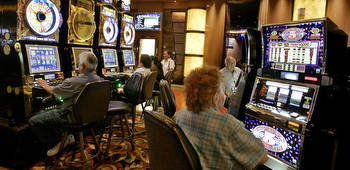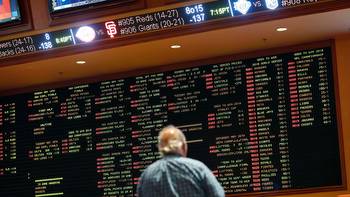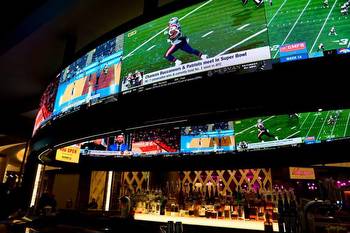When Will Sports Betting Be Legal In California?

California's gambling industry is divided into three categories: tribal casinos, cardrooms and horse racing.
When Will Sports Betting Be Legal In California? For the sake of simplicity, California's existing gambling presence can be divided into three categories: tribal casinos, cardrooms and horse racing.
California law prohibits land-based casinos. However, Indian reservations function as sovereign territories, so they aren't subject to such prohibitions. The state has 76 tribal casinos owned by 73 tribes. Tribal casinos earn more than $9 billion in annual revenue.
There are 72 state-licensed cardrooms in California. They are legal because they offer certain table games. There are differences between them and California's tribal casinos.
California legalized pari-mutuel betting in 1933. There are four horse racing tracks in California and a handful of legal online horse race betting apps. Prop 26 would legalize sports betting on tribal lands and at the state's four racetracks. Online sports gambling platforms would not be allowed under the proposal. If Prop26 passes, regulators may set a licensing fee. In-state college wagers would be prohibited at California sportsbooks.
Prop 27 is aimed at big names in sports betting and shoves the little guys to the side. It proposes a whopping $100 million license application fee. Biggest operators can afford it and operate in 10+ states. If Prop 26 becomes law, revenues would be allocated to state's General Fund, 15% for mental health and problem gambling initiatives, and 15%. Tribal casinos account for the vast majority of California's gambling industry.
70% of the proceeds from sports betting in California will go to the state's General Fund. 15% will be dedicated to gambling control.
The 10% betting tax rate and the revenue it produces would go to the following initiatives:85% to affordable housing programs, 15% for tribes that don't participate in gambling operations, and college sports betting. California would be a slam-dunk sports gambling market even without retail sports bets. Neither Prop 26 nor Prop 27 looks like it will come out on top. The proposal with the higher vote percentage wins the day. If both propositions pass, they might require some legal finagling.
California has a chance for legal sports betting, but the competing proposals cannibalized each other with ad spending. It could be another few years before the Golden State catches up to its legal brethren.

